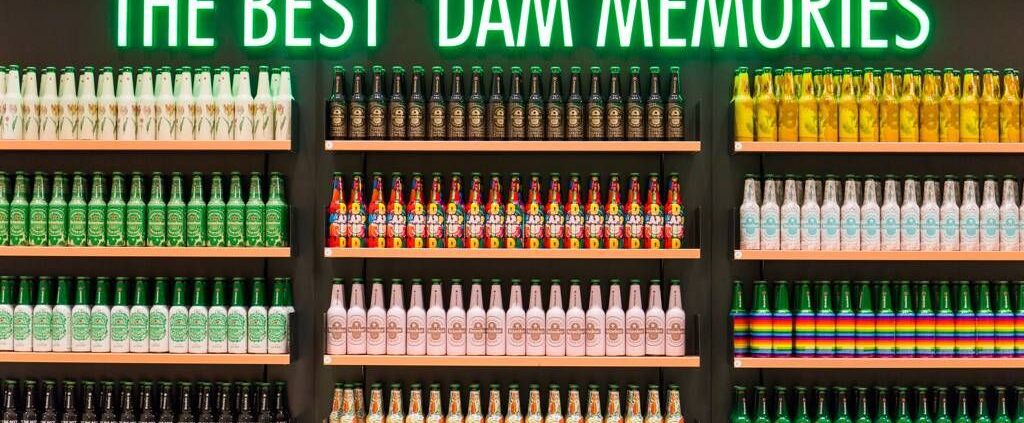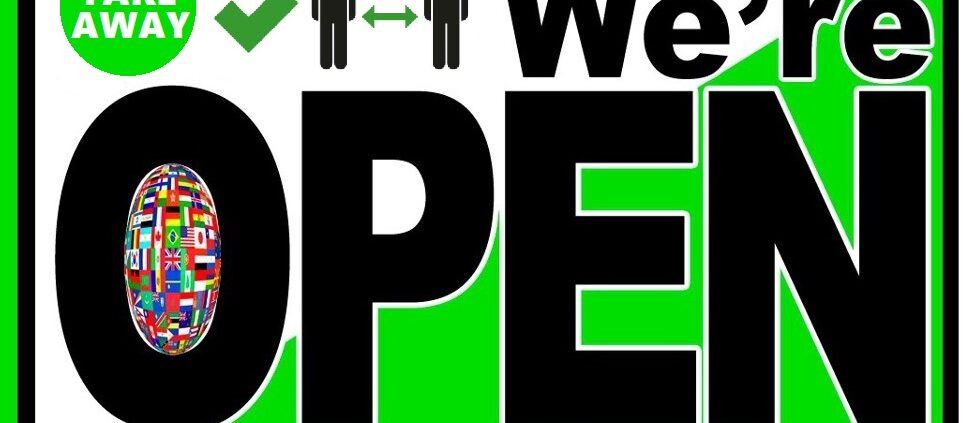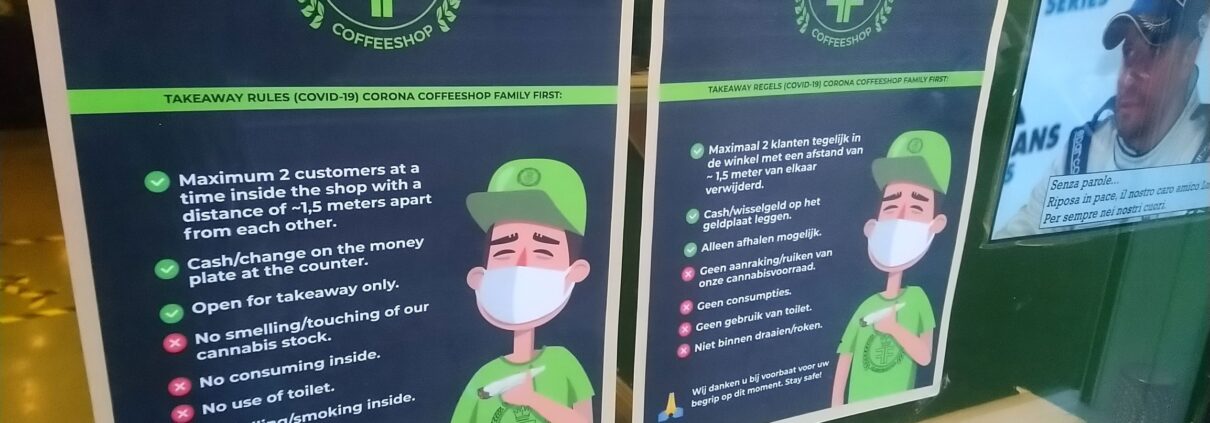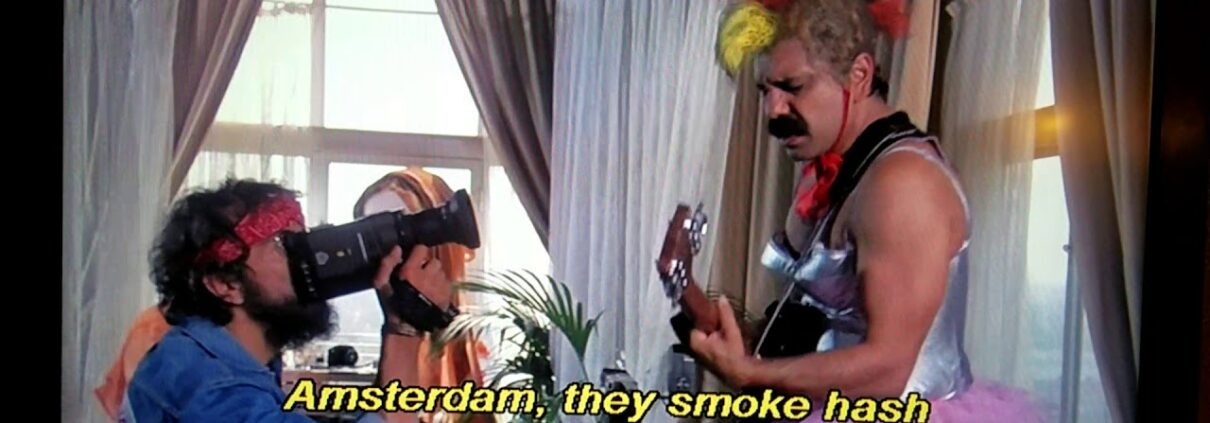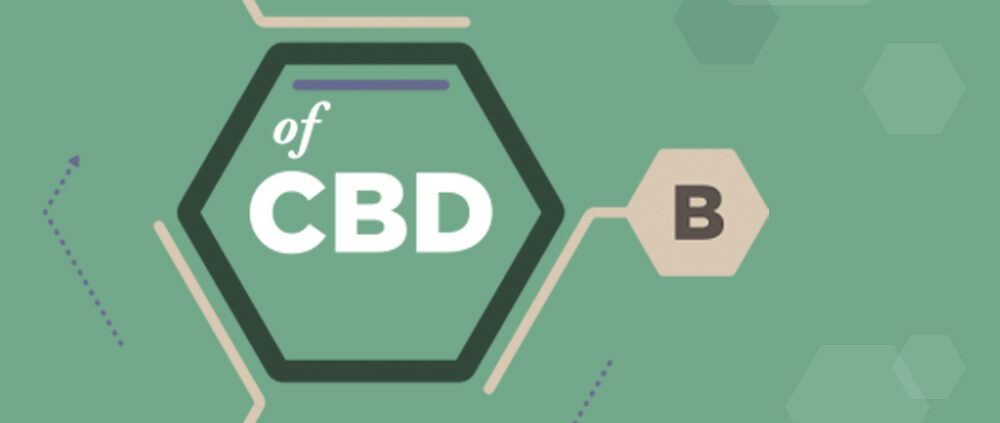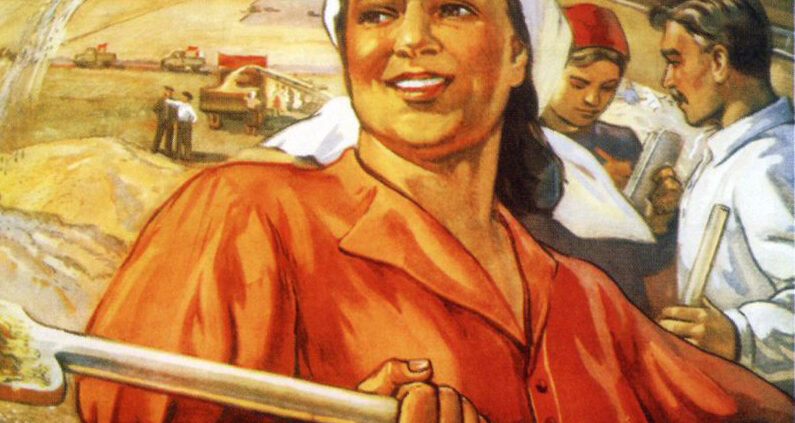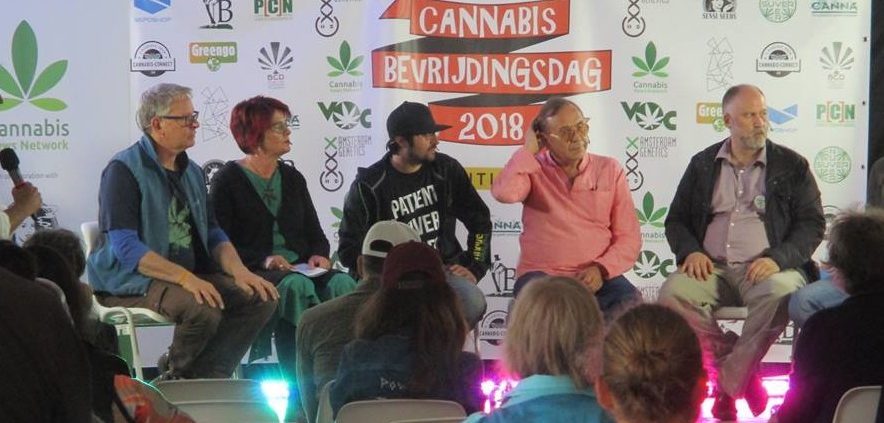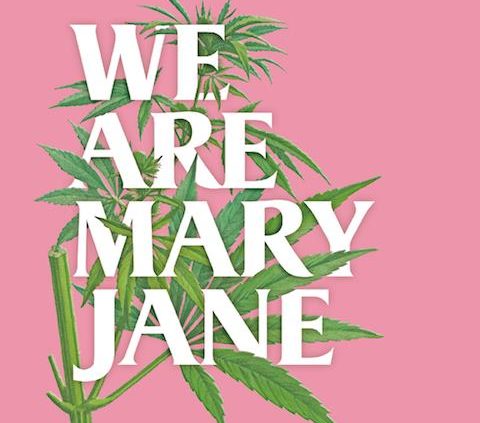British journalist Yomi Adegoke wrote an open letter to employees of an Amsterdam coffeeshop, saying she’s “eternally grateful to them” because they helped her when she “couldn’t feel her face” after eating spacecake.”
Adegoke was in Amsterdam for a panel discussion and wanted to try Amsterdam’s favourite edible, space cake. She first ate a quarter of the cake, felt nothing after an hour, and then ate another quarter.
After this she decided to participate in a city walk, but she soon felt very bad. “It was as if the world was slowly collapsing,” she writes in the letter, which was published by The Guardian. She was convinced that everyone wanted to make sure she would miss her flight – which would depart two hours later.
Adegoke managed to drag herself to the nearest coffeeshop and plop down on the couch to “die softly.” She cannot remember the name of the coffee shop.
“You did not laugh at me when I asked if I would ever feel my face again,” she writes. “You gave me a drink and assured me there was no conspiracy against me.” She is “forever grateful to the coffeeshop for all the water, the sweets, and how you managed to get me to the airport in a taxi.”
But most of all Adegoke wants to thank the employees for ‘’putting up with a smug tourist, who even though she has done it all before’’.
Full letter:
Dear cafe staff,
You sat with me for nearly an hour, as I became the world’s worst ad for anything weed-related in front of your irked customers. That weekend – I explained as you passed me the ninth glass of water – I had been booked for a panel discussion in Amsterdam, a stay I extended by three days to convert business into pleasure, a much-needed mini-break I intended to spend almost entirely baked. To facilitate this, I went to a place that did the “best space cakes in the city”; “best”, I soon realised, meaning “the ones most likely to make me think I dropped one of my ears on the high street when running from God”.
On my last day, with a fair amount in my bloodstream already, I ate a quarter of a space cake and felt a bit tired. An hour passed; still nothing but a mild case of the munchies. And, like a spoilt child in a moralising fairytale, I decided to sate my hunger with another quarter.
It was during a walking tour of the city that the world casually began to cave in. I glanced downwards and the floor was suddenly at the tip of my nose. I then suspected I was a mere millimetre away from everyone else in the group, and that my slightest movement would send the six-year-old near me flying across the square. Slowly, I began stepping back, attracting bemused looks. The jig was up. I wasn’t concerned that they would realise I was high as a kite on the face of the moon, but that now they were “out to get me”. My backwards walk became a backwards run. The skyline began to drip on to the pavement. I became convinced of a growing conspiracy to keep me stoned enough to miss my flight home, which was in two hours.
I managed to lug myself into another coffee shop – yours – to die quietly on your couch.
“Was it something we gave you?” one of you asked, touching my forehead. And though it wasn’t, you tended to me with the bedside manner of a paediatrician caring for a child with a broken arm. You rallied around me with water, assuring me there wasn’t a conspiracy and you definitely weren’t part of one. You weren’t fussed when I pointed out that that was exactly what someone would say if involved in a conspiracy. You handed me an orange, and comforted me when I tearfully realised I had forgotten how to peel one. You suppressed smirks as I asked if I would ever feel my face again. Dazed, I asked how long I’d been there. “I’d say about eight minutes,” one of you replied. At that, I actually began to cry.
Though I can’t recall your shop’s name for obvious reasons, to you all, I am eternally grateful: for the lakes-worth of water, for the non-stop sweets, for bundling me into a cab to the airport. But most of all, for putting up with a smug tourist, who even though she has done it all before, still manages to make an absolute tit of herself in Amsterdam.
Yomi
(photo: Metro)

